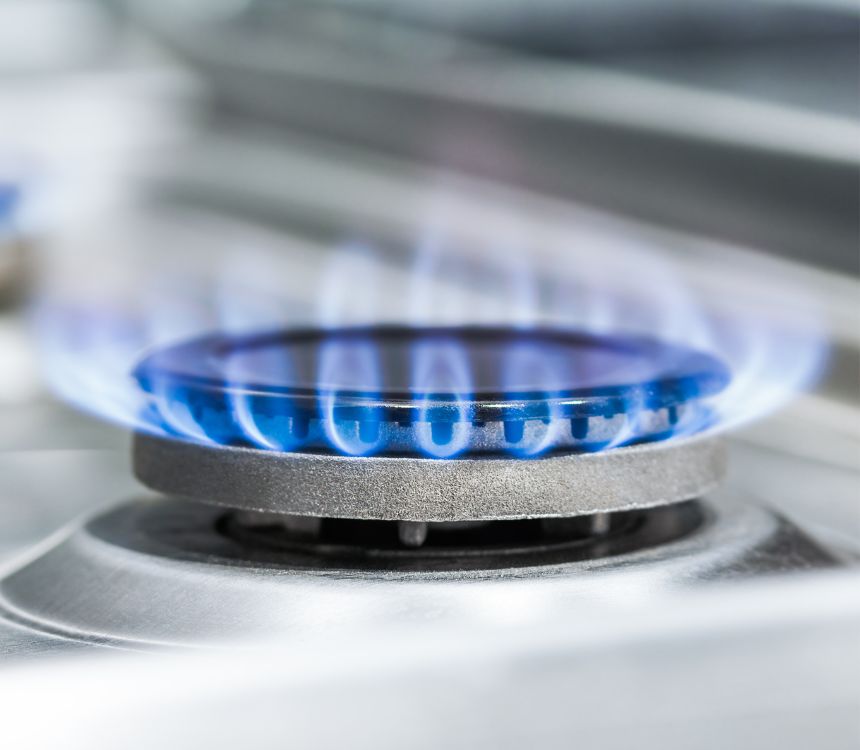When it comes to owning a property in the UK, ensuring gas safety is a critical responsibility. Many homeowners wonder whether it’s legally required to obtain a gas safety certificate. This article explores the legalities surrounding gas safety certificates for homeowners, the importance of gas safety, and how to stay compliant with regulations.
What Is a Gas Safety Certificate?
A Gas Safety Certificate, also known as a Gas Safety Record or CP12, is an official document issued by a registered Gas Safe engineer after inspecting gas appliances in a property. It confirms that all gas installations, appliances, and pipework are safe to use. Gas safety checks must be performed annually, especially for rental properties, to ensure the safety of occupants.
Check Your Gas System Now
Homeowners: Don’t wait for problems to arise. Take action now and ensure your gas systems are safe!
Is a Gas Safety Certificate Required for Homeowners?
For homeowners who live in their own properties, the law does not legally require them to obtain a gas safety certificate. Unlike landlords, who must provide one for rental properties, homeowners are not obligated to conduct annual gas safety checks on their private residence. However, this doesn’t mean homeowners should ignore gas safety altogether.
Why Gas Safety Still Matters for Homeowners
Even though it’s not mandatory, ensuring gas safety in your own home is crucial for protecting your family and property. Gas appliances like boilers, stoves, and heaters, if left unchecked, can pose serious risks, including:
Gas Leaks: Faulty appliances can cause gas leaks, which are not only dangerous but also highly flammable.
Carbon Monoxide Poisoning: A defective gas appliance can release carbon monoxide—a colourless, odourless, and potentially deadly gas.
Fire Hazards: Poorly maintained gas appliances can also lead to fires, posing a significant risk to your home and life.
To mitigate these risks, it’s recommended that homeowners schedule regular checks with a Gas Safe registered engineer, even if they are not legally required to do so.
Gas Safety Requirements for Landlords
For landlords, the legal requirements are different. It is mandatory for landlords to provide tenants with a gas safety certificate every year. The Gas Safety (Installation and Use) Regulations 1998 stipulate that all rental properties in the UK must have an annual gas safety check carried out by a Gas Safe registered engineer. The landlord must:
Obtain a Gas Safety Certificate: Ensure all gas appliances, flues, and pipework are inspected annually.
Provide Tenants with a Copy: A copy of the gas safety certificate must be provided to tenants within 28 days of the inspection or to new tenants before they move in.
Keep Records: Landlords should retain gas safety records for at least two years.
Failure to comply can result in heavy fines, legal action, or even imprisonment if negligence leads to harm or death. Therefore, it is essential for landlords to adhere strictly to these regulations.

The Role of a Gas Safe Registered Engineer
Whether you are a homeowner or a landlord, only a Gas Safe registered engineer is legally allowed to perform gas safety checks and issue gas safety certificates. The Gas Safe Register is the UK’s official list of qualified engineers who are authorised to work on gas appliances. Hiring a Gas Safe registered engineer ensures that the inspection is carried out professionally and according to legal standards. To find a registered engineer, you can visit the official Gas Safe Register website and enter your postcode to locate local experts.
Best Practices for Homeowners to Ensure Gas Safety
Even though homeowners are not legally obliged to obtain a gas safety certificate, adopting these best practices can help maintain a safe environment:
Regular Maintenance: Schedule annual checks with a Gas Safe registered engineer, even if it is not a legal requirement.
Install Carbon Monoxide Detectors: Place these detectors near gas appliances to monitor and alert you of any potential carbon monoxide leaks.
Keep Records: Retain records of all gas appliance services and maintenance for future reference.
Be Aware of Warning Signs: Look out for symptoms such as yellow or orange flames (instead of blue), pilot lights frequently going out, and excessive condensation around windows.
In Closing
So, is it the law for gas safety certificates for homeowners in the UK? The answer is no—homeowners are not legally required to have a gas safety certificate for their private residence. However, the risks associated with gas appliances make it prudent for homeowners to take proactive steps to ensure their gas installations are safe.
While landlords are legally bound to provide gas safety certificates for rental properties, homeowners should still prioritise safety checks to protect their families and properties from potential hazards. Always use a Gas Safe registered engineer for any gas-related inspections, and stay informed about best practices to keep your home safe.
Further Reading
UK’s Landlord Gas Safety Responsibilities
Do I Need a Gas Safety Certificate for a Gas Hob?
Gas Safety Certificate When Selling a House
Can You Get a Backdated Gas Safety Certificate?
Do Housing Tenants Need a Gas Safety Certificate for Their Own Appliances?
Gas Safety Certificate Near Me: What You Need to Know
No Gas Safety Certificate Penalty: Understanding the Risks for UK Landlord